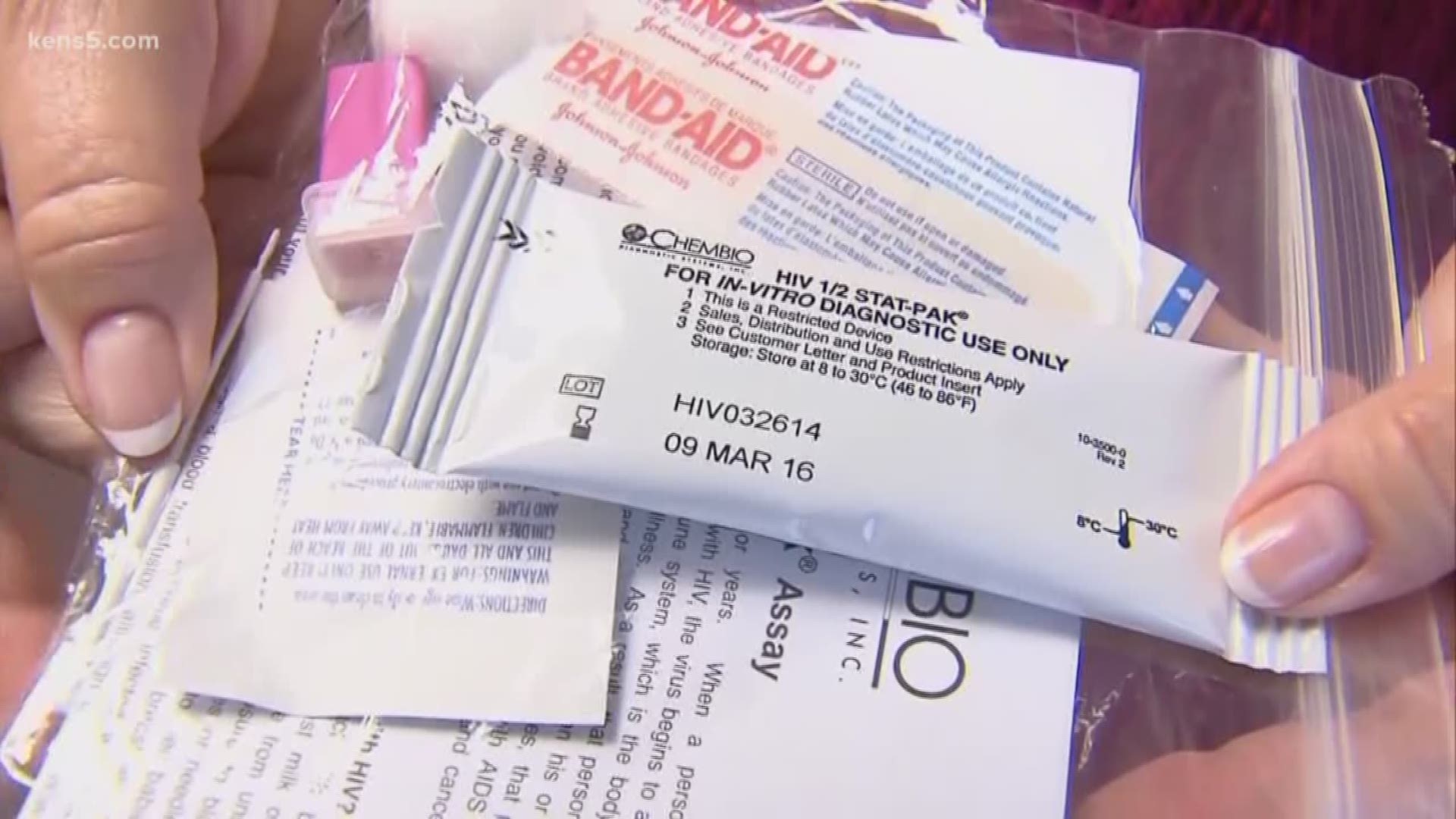SAN ANTONIO — When someone is living with HIV, they can face many hurdles in life, and at the time of diagnosis, those hurdles can seem even harder to navigate. However, within the University Health System there is a program that helps those living with HIV break down some barriers.
Tanya Mendez is an Assistant Director within the University Health System who works with a local chapter of SPNS, or Special Projects of National Significance. In San Antonio it is called CASE. Mendez said, "The program is specifically to work with individuals living with HIV to help them connect with housing and employment services so their health outcomes are better."
She works along side Daniel Pineda, the CASE Program Director. "With our clients, many do carry a lot of barriers, but also they are fighters and they are able to get through it," Pineda said. "They just need the coaching, the motivational extra support from agencies or people they meet."
Some of those barriers could include getting on medication, having enough money for basic necessities like food and shelter, holding a full-time, well-paying job to earn that money, and taking care of their overall health with a goal of becoming virally suppressed to help stop the spread of the disease and end the epidemic.
"We have found that when individuals have access to housing and employment their healthcare is typically improved," Mendez said.
Pineda added, "It's a struggle and we have a team will hustle out there and try to find resources for the client to have a safe place to live."
When the CASE program began, they started with five main partners, The San Antonio AIDS Foundation, BeatAIDS, Centro Med, University Health System's FFACTS Clinic, and Metro Health. Since then, the program has grown and is a collaboration between many more agencies giving their assistance.
"We began partnerships with Goodwill, with the Food Bank, with SAHA, and many other organizations to develop that relationship with them so when our clients needed the services we had a place to send them," Mendez said.
Both Mendez and Pineda say this program has shined a light on the things many of us take for granted. "Having a roof over your head is a privilege and I think this program has really taught us that," Mendez said.
Pineda added, "We are just here to support them and guide them along and be a part of their lives and walk with them."
If you would like more information about the program you can reach out to Pineda at 210-644-1558.
For more information about family health call 210-358-3045. You can also find the rest of Wear The Gown stories, just go to WearTheGown.com.

